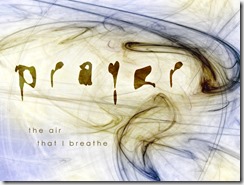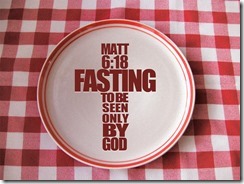
Three pillars are traditionally part of the Lent season. First we have prayers, second we have fasting and third we have almsgiving. That may sound like a strange word, but it simply refers to generosity. As Jesus followers we are saved by radical grace and called to radical generosity.
 Often during Lent, the third pillar is left out as focus stays on giving things up. This pillar helps us cultivate generosity after Jesus’ own heart. It is through generosity and loving others we are reminded of our need for Jesus. It is through our generosity and love for others God will use to shape us and others.
Often during Lent, the third pillar is left out as focus stays on giving things up. This pillar helps us cultivate generosity after Jesus’ own heart. It is through generosity and loving others we are reminded of our need for Jesus. It is through our generosity and love for others God will use to shape us and others.
Almsgiving during lent helps refocus around the life our baptism declared. It helps us deal with our idols. Almsgiving needs to cost us something, in order to remind us of our need for Jesus, and how much more it cost him. It helps us take steps in cultivating a life of generosity.
Practicing Alms Giving:
1. Are you tithing?
This is a normal discipline of worshiping God. If you are not practicing tithing, perhaps that is what you need to work on during this season. Tithing is giving a percentage of your income to a local body of Christ that you are part of. Yes traditionally it was and is 10% of your income.
Two Calls to actions for Tithing:
a. If you are not tithing, start with a small percentage and slowly raise it.
b. If you do tithe, is God leading you to increase it by 1%?
Here is a good teaching I watched a few weeks before I was even thinking about this post:
2. Take some time to re-evaluate how you are being a steward of God’s resources he has given you.
Do you have a budget? How does the gospel influence how we use our money?
3. Deal with the idol of money?
How is money an idol in your life at times? Is there a place for repentance here?
4. Who could you bless in your family, neighbourhood and friends?
Is there someone you could serve? Think person before organization. Traditional alms giving does focus on those who have less, but look around you. Who could you make some meals for to help someone or just bless them “just because”? Is there someone you know who is serving and doing good work that you could bless and recognize the work they are doing?
Almsgiving is about costing you something. So it needs to cost you something.
Why?
To remind us of our need for Jesus and to allow us to see God at work.
During Lent consider giving beyond your already established rhythms.
Do you have any stories about stepping out in faith in this area?




